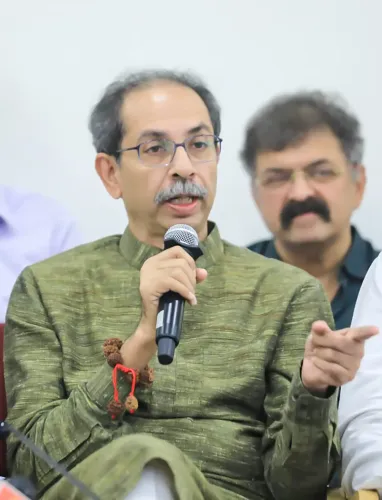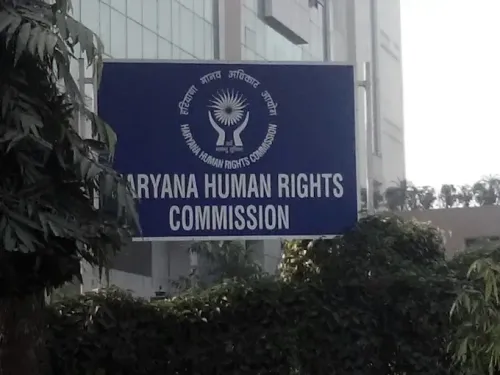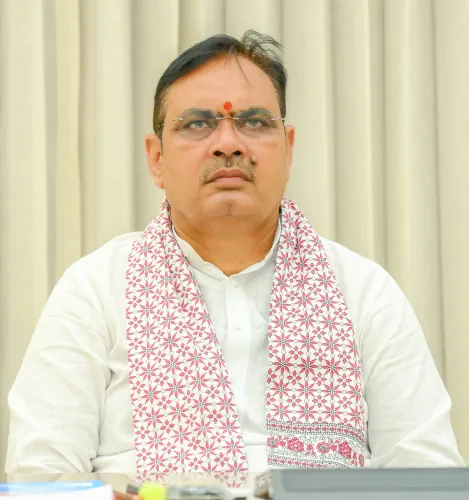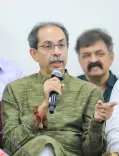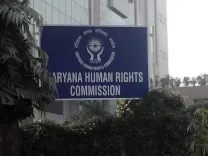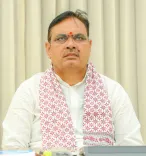Is the Demand for a Muslim Deputy CM in UP Just Symbolic?
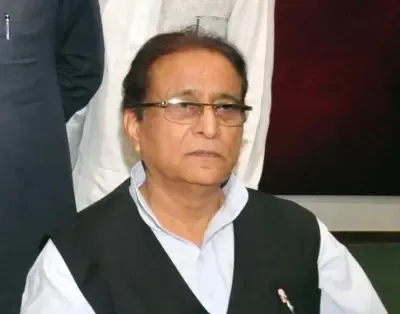
Synopsis
Key Takeaways
- Azam Khan dismisses the demand for a Muslim Deputy CM as a meaningless symbolic gesture.
- The role lacks real authority and does not empower minorities.
- Political representation should be based on substantive policy, not ceremonial titles.
- Khan's comments reflect broader discussions on minority rights in Indian politics.
- He emphasizes the need for genuine empowerment rooted in the Constitution.
New Delhi, Oct 31 (NationPress) Senior Samajwadi Party (SP) leader and former Uttar Pradesh minister Azam Khan has characterized the call for a Muslim Deputy Chief Minister in Uttar Pradesh as a symbolic and constitutionally insignificant endeavor.
In a revealing interview with IANS, the experienced politician contended that the role of Deputy CM lacks genuine authority and thus fails to provide real political empowerment for minorities.
When asked if SP chief Akhilesh Yadav should commit to a Muslim Deputy CM ahead of the upcoming UP Assembly elections in 2027, Khan argued that the Constitution does not acknowledge such a role and considers it merely a symbolic gesture.
“Even in UP, with two Deputy CMs (Keshav Prasad Maurya and Brajesh Pathak), they hold no power; no one pays attention to them. Until the Constitution acknowledges it, the position is devoid of meaning,” he remarked.
These comments arise amid increasing scrutiny regarding Muslim representation in the INDIA Bloc and regional parties. Khan stressed that political empowerment must be based on structure and law, not on symbolic gestures. He reiterated his belief that representation should be substantial, based on policy and authority, rather than ceremonial roles.
In response to allegations against Rampur MP Maulana Mohibullah Nadvi of deceiving multiple women and entering into several marriages, Khan reacted with his typical sarcasm.
“Some can’t manage just one partner; others have many waiting for them; that’s life. A man once told me his 47th wife had just passed away. When asked how, he replied, ‘Each time I marry, the wife dies in three days’. Another claimed, ‘I’m not that fortunate; one is enough to keep me busy’. Everyone has their own fate and lifestyle; who are we to judge?” he quipped, sidestepping a direct comment on the allegations against Nadvi.
This statement is expected to elicit reactions from various political factions, given the sensitivity surrounding the topic and ongoing discussions on personal laws and gender rights.
While Khan suggested that his public engagements have decreased due to health issues and prolonged legal disputes, he affirmed that he has not exited politics. “If I had retired, would you still come to check on me? You only come to see how much light remains in this lamp. The truth is, keeping it lit is no longer in my control.”

